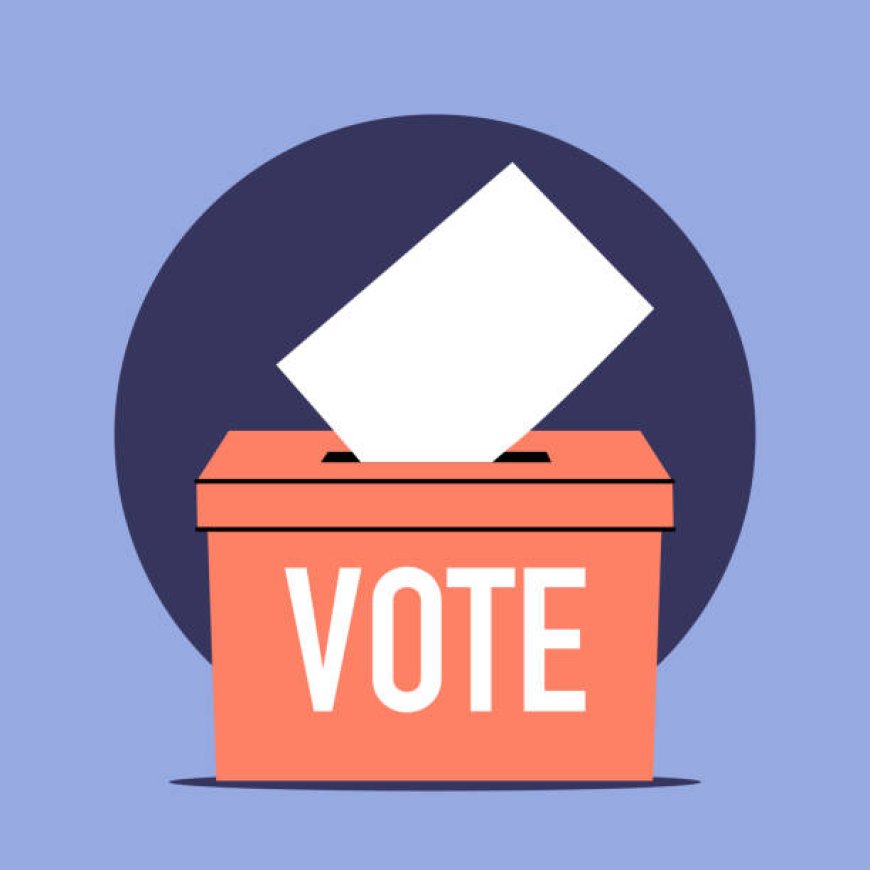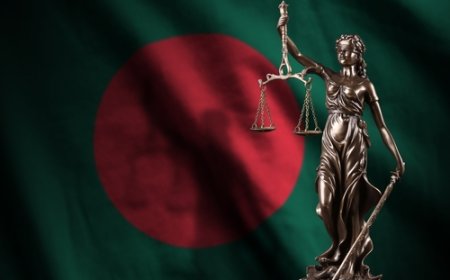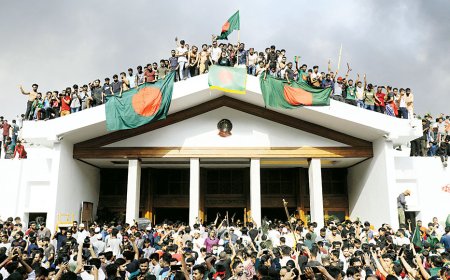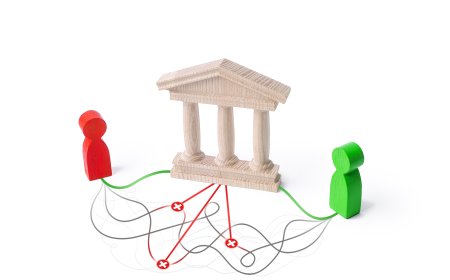The Case Against December Elections
The public may want elections sooner rather than later. But elections without reform threaten to make things worse, not better.

The primary risk of elections without reforms is that this will lead to democratic backsliding. An assumption of those favouring early elections is that elections alone ensure legitimacy, but South/Southeast Asian history shows that rushed polls without institutional safeguards often restore authoritarianism.
Take for example Thailand’s 2019 elections, held under military-designed rules, that ensured junta-backed parties retained power. Similarly, Cambodia’s 2018 sham election (after opposition ban) gave Hun Sen a veneer of legitimacy.
In the Bangladesh context, if elections are held without neutralizing partisan control over institutions (e.g. Election Commission, Judiciary, etc), the result may simply re-entrench the old order (AL or BNP) rather than reflect true public will.
The Public’s Short-Term Preferences ≠ Long-Term Stability
Polls may show that 60% want elections soon, but mass opinion can be volatile and manipulated.
For example, in Pakistan (2008), public demand for quick elections after Musharraf’s fall led to a weak PPP government that collapsed into chaos, requiring another military intervention soon thereafter.
The risk in the Bangladesh context is if elections are held without disarming political violence (e.g. AL/BNP street clashes) or ensuring all parties accept results, post-election instability could trigger another crisis.
Minimal Reforms Are Often Inadequate
Settling for bare-bones reforms may be a solution, but half-measures in transitional democracies frequently fail.
For example, Myanmar’s 2010 elections were held with "minimal reforms," but the military’s constitutional veto power made democracy impossible, leading to the 2021 coup.
In the Bangladesh context, without dismantling partisan control over police, bureaucracy, and media, elections may just rubber-stamp the dominance of whichever faction is best organized (likely AL remnants or BNP hardliners).
The Myth of Neutral Interim Governments
Many praise Yunus’s interim government, but caretaker regimes often develop their own agendas.
For example, in Nepal (2006-2008), the interim government’s delays and infighting worsened instability rather than solving it.
The risk in the Bangladesh context is if Yunus resigns or factions split, the military could step in, a recurring pattern in Bangladesh (e.g. 2007-2008 emergency rule).
Landslide Elections Can Be Problematic
Landslides (like 2008’s AL win) don’t invalidate elections, but super-majorities often undermine checks and balances.
For example, Singapore’s PAP often wins landslides due to systemic advantages, not pure public will.
The risk in the Bangladesh context is that a BNP landslide without safeguards could lead to one-party hegemony again, shutting out opposition (as happened under Hasina’s later terms).
The Danger of Elite-Driven Elections
I dismiss rigging fears, but elections in polarized societies are often decided by elite pacts, not voters.
For example, in Malaysia in 2018, despite UMNO’s decline, elite defections (not mass sentiment) decided the outcome.
In the Bangladesh context, If AL or BNP factions cut deals with the military or business elites, the "people’s will" could be sidelined.
The Need for a 'Democratic Minimum' Before Elections
Political theory says that no democracy survives without:
1) State monopoly on violence (no armed factions)
2) Rule of law (neutral judiciary)
3) Free media
Bangladesh currently lacks all three. Holding elections now risks legitimizing a defective democracy.
Conclusion: The Case for Delayed (But Credible) Elections
While public impatience matters, history suggests:
– Elections without reforms = façade democracy
– Interim governments must first dismantle partisan state capture
– A rushed vote risks military intervention or renewed autocracy
A better alternative would be a time-bound, reform-first roadmap (e.g. 6-12 months) to ensure elections are truly free – not just quick.
What's Your Reaction?













































































